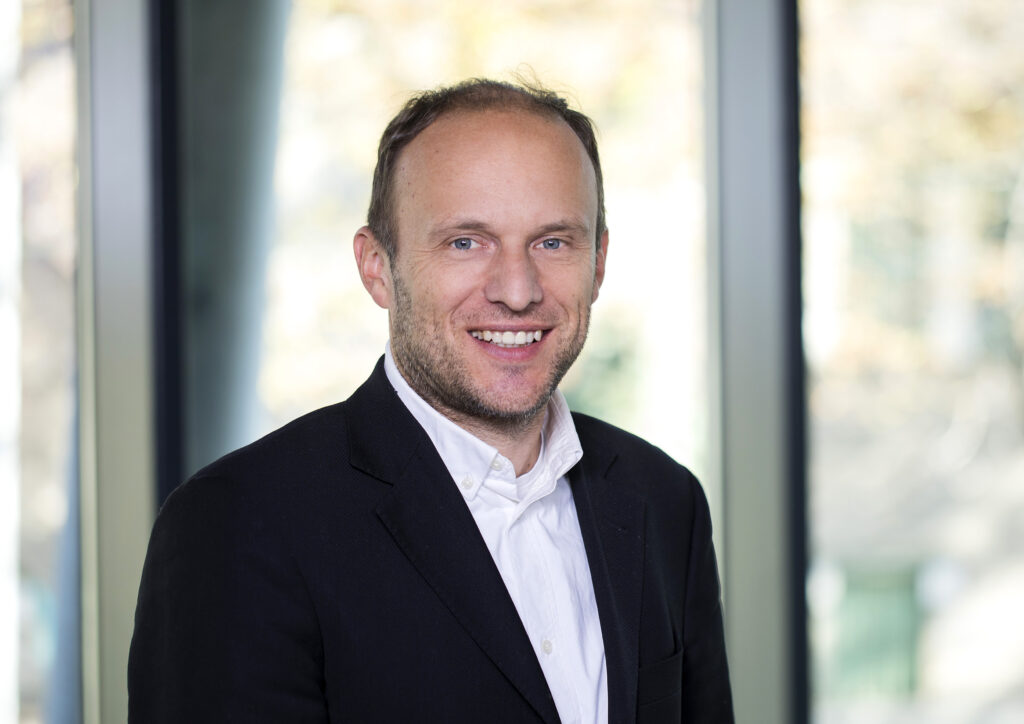The Master’s program MSc Digital Communication and Marketing enables the unique combination of two fields that are traditionally divided between two professional groups: Here the marketing experts and there the IT professionals. We merge these two sides like a medal into one golden unit!
By Gerald Janous, Head of Program MSc Digital Communication and Marketing
Traditional marketing training focuses on business administration, while IT training focuses on technical skills. In an increasingly digitalized world, well-trained individuals with interdisciplinary skills in digital marketing are in huge demand!
With the MSc Digital Communication and Marketing, graduates in the fields of business administration and communication, or individuals with solid relevant work experience can expand their career opportunities in the digital sector. Business management knowledge is a prerequisite for this continuing education program, IT knowledge is taught from the ground up during the course of study and linked with communication, marketing and sales content.
Where 1 + 1 makes more than 2: On the measurable benefits of continuing education studies
In all (management) positions with IT relevance, basic IT knowledge is necessary – or at least a great advantage if you work with experts in this field. Especially when it comes to developing new products or reaching new target groups, you need to be up-to-date not only in marketing, but also in IT. Interdisciplinary expertise gives you a good overview – how certain tools work, how much effort goes into them, what all this stuff costs etc.
And when it comes to costs and performance in the communications sector, there is a paradigm shift with digital marketing: now you get different performance metrics (automatically) with different tools, such as click rates, number of downloads, likes, and so on. You always get performance feedback about the respective communication measure – at least in terms of reach and attention, or conversions when it comes to selling a product. This is very immediate feedback on how well something has worked; or not.
Practical and practice-related effectiveness – training alongside the job
The Master’s program MSc Digital Communication and Marketing is only taught by lecturers who work in the area and therefore present exactly what they use every day in their professional environment. In addition, all lecturers have an academic degree so that they can teach the content at an appropriate level.
The didactics and organization are designed so that the continuing education program can be easily managed alongside one’s job: Particularly in the first year of study, the subject matter is taught with appropriate teaching materials in a very high distance learning proportion. The program can be optimally combined with professional activities thanks to the flexible time and location of individual learning schedules.
Another organizational element also makes it easier for students to master the course material: The different modules of a semester do not start at the same time – as is usually the case – and are then worked through in parallel until the end of the semester. Rather, in the first year of study, a self-contained module is scheduled each month, which is worked through from beginning to end within this manageable period of time. This allows students to concentrate on one topic and hand in their final project at the end of the module each month. Meaning that students do not have to deal with five exams or papers at the same time at the end of the semester.
You want to get more information about the Master’s program MSc Digital Communication & Marketing? You can find all information here and you can also contact Gerald Janous, Head of Program, via telephone 0800 40 00 77-02 or via e-mail.
